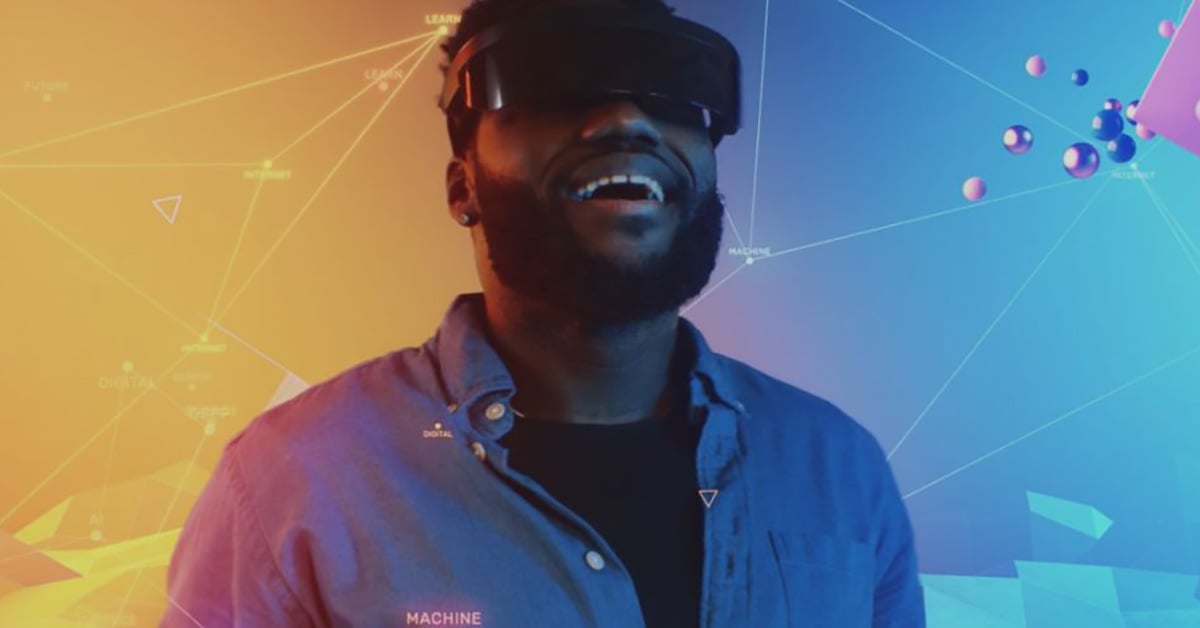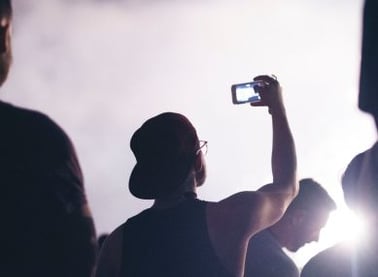
To get a competitive edge, more brands are looking beyond conventional advertising campaigns and shifting towards experiential marketing. But while marketers are pouring billions of dollars into brand activations, measuring the effectiveness of these initiatives has been difficult, if not impossible.
This need to measure the marketing effectiveness of experiential initiatives is why we launched the Brand Experience Predictor. Developed by our sister company, Reach3 Insights, BXP is a conversational insight solution powered by the Rival platform that makes it easy to test activations before, during and after they happen.
Coca-Cola has been at the forefront of this transition to experiential marketing, and they are one of the first companies to use BXP. To understand this company’s perspective on experiential marketing, Reach3 recently hosted a webinar with Greg Pharo, Senior Global Director of Communications & Marketing Effectiveness for Coca-Cola. Moderated by Reach3’s Dara St. Louis, the webinar also featured Ed Keller, Chief Executive Officer of The Kelley Advisory Group, and Eileen Campbell, Board Chair of the Rival Group and Former CEO of Kantar Millward Brown.
Experiential marketing is a strategy that creates immersive experiences to connect brands with consumers. It goes beyond traditional advertising by engaging individuals in physical or virtual environments where they can directly interact with products and brand messaging. This approach aims to evoke emotions, senses, and personal experiences to foster positive brand associations. Experiential marketing includes live events, interactive displays, virtual reality, and hands-on activities. Its goal is to leave a lasting impression, generate buzz, and build brand loyalty by providing unique encounters.

“Experiential marketing is a way for brands to connect with consumers through experiences, bringing a brand to life in a meaningful way,” said Greg. “We actively engage consumers with our brands in fun, lively, attentive experiences.”
“US marketers are investing nearly $70 billion annually in experiential marketing–surpassing annual expenditure on traditional TV advertising. In a recent study, 4 out of 5 customers said they want to engage in brand experiences.”
– Eileen Campbell
Coke is leading the way in innovative brand experiences: their Atlanta museum, World of Coke is an interactive experience where visitors can immerse themselves in the iconic history of the brand. Dream World is a new product that has a VR feature: customers scan the QR code on the bottle and are transported to an otherworldly Dreamworld landscape. Additionally, they have Coke Studio, a music platform featuring 19 artists that release tracks exclusively to Coke drinkers.
We recently collaborated with The Keller Advisory Group on a research study exploring how experiential marketing drives word of mouth and purchasing behaviour.
“First, when we set out to do this research,” Ed exclaimed,
“I expected experiences would be of interest to consumers, but the extent of that interest and the size of the head-to-head advantage for experiences over traditional ads is eye popping to me and should really catch the eye of all marketers.”
Secondly, brand experiences appeal to all age groups. According to our research, young consumers like Gen Zs are more likely to have already engaged in brand experiences, however, interest is high across all ages.
“Once people have engaged with brand experiences, they find them to be far more relevant than advertising,” Ed reiterated.
Of course, traditional advertising still has its time and place. Our research shows, however, that brands who can create meaningful experiences have the potential to win the hearts, minds and wallets of modern consumers.
Coke has partnered with Reach3 to use BXP for several of their brand activations. For instance, at a recent Coke Studio pop-up event in the UK, the company used QR codes to invite attendees to a conversational survey, making it easy to capture in-the-moment feedback. At the end of the chat, visitors got an invitation via SMS to participate in a follow-up survey so they could provide additional feedback after the event.
Greg mentioned they have three key design principles for measuring the success of experiential marketing:
“Before BXP,” Greg stated, “the metrics and measures Coke used were fragmented and incomplete.”
Approaches that work with traditional advertising don’t translate well in measuring experiential marketing, the speakers said, especially because we’re still in the early days of experiential.
“Marketers would benefit immensely from normative data that provides context,” Eileen explained.
This need for comparative data is why we’ve designed BXP to let marketers tap into a normative database that predicts the success of their activations.
During the webinar, Dara explained how the BXP solution delivers three core areas of feedback, or ROE, for your brand experience.
“The spend [on experiential marketing] is so significant and the stakes are so high,” Eileen stressed during the webinar. "Marketers cannot afford not to develop the same rigour we’ve applied to traditional advertising.”
An effective experiential marketing campaign has systems in place to measure the opportunity to succeed and the ability to mitigate any risks. BXP offers the complete suite of measurement tools to help marketers and market researchers effectively implement experiential.
Being in the moment is key when it comes to measuring the marketing effectiveness of experiential. BXP combines qual and quant into one mobile and conversational solution.
“The old form surveys don’t work with experiential marketing. Conversational and chat complements the experience in a way that traditional cannot.”
– Dara St. Louis
Digestible and shareable deliverables – i.e., dashboards, digital story, mobile dynamic deliverable, sizzle reels, and a full report of diagnostics – provided the metrics Coke needed to evaluate their experiential marketing ventures.
Check out the Brand Experience Barometer to better understand consumer preferences for traditional advertising vs. brand experiences. Try a chat to learn more about the participant experience. Contact us today to get started with BXP.
Subscribe to our blog to receive new insights on market research trends.

No Comments Yet
Let us know what you think